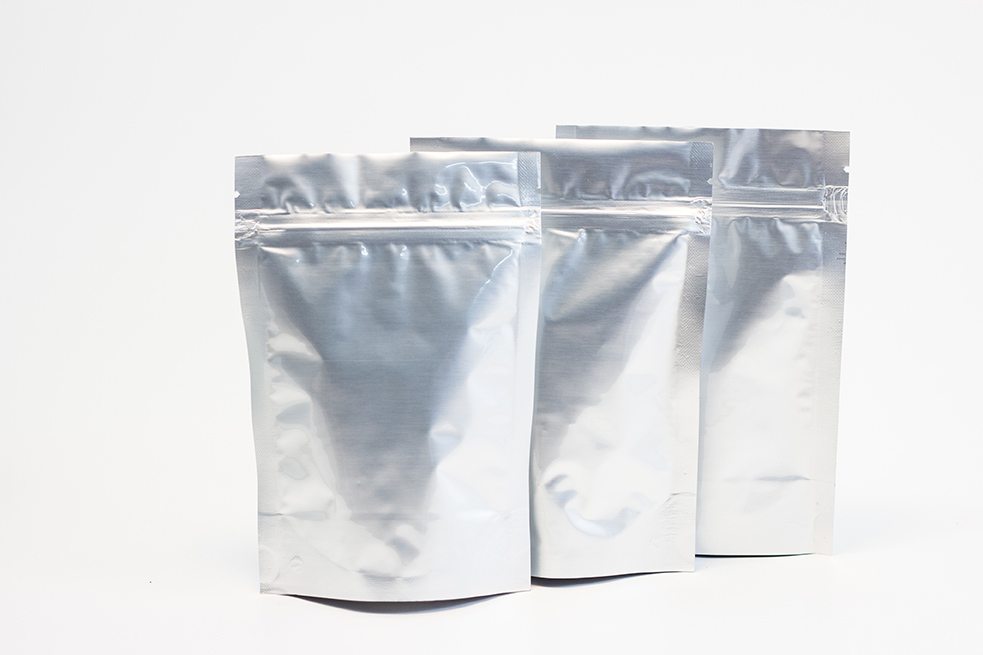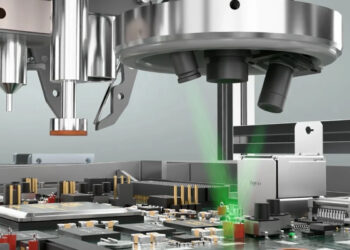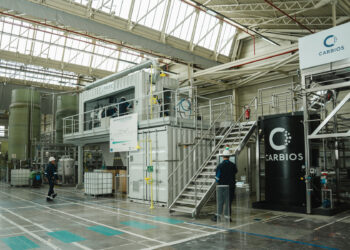A paper authored by a Spanish plastics research institute says enzymes can be used to degrade adhesive layers in multi-layer scrap materials, allowing the plastics to be separated for recycling.
AIMPLAS prepared a paper for Plastics Recycling Update that describes its research under the ENZPLAST2 project, a European project exploring different uses for enzymes in plastics production, recycling and biodegradation.
In terms of recycling, researchers found the use of enzymes produced by microorganisms will break down certain types of polymers into oligomers and monomers, which can be recovered for use in new plastic. The technique could be used to “degrade the middle adhesive layers of multi-layer materials so that the other layers can be easily classified and recycled,” according to the paper.
The researchers also experimented with using microorganisms to eliminate odors from recycled dairy packaging plastics.
“Once these recycling protocols are optimized, they will be validated in the industrial sector, especially by recycling companies, which will analyse the purity of waste flows for obtaining high-quality recycled materials and the industrial feasibility of the proposed methods,” the paper states.
The project is not the first use of enzymes to recycle plastics in Europe. French PET recycling startup Carbios uses enzymes to depolymerize difficult-to-recycle PET scrap. Large companies such as PepsiCo and Nestlé Waters have partnered with Carbios.
In addition, a prior European Union-funded project used enzymes to depolymerize PET and PU into monomers, which were then used to create PHA, a biodegradable polymer.
To receive the latest news and analysis about plastics recycling technologies, sign up now for our free monthly Plastics Recycling Update: Technology Edition e-newsletter.























